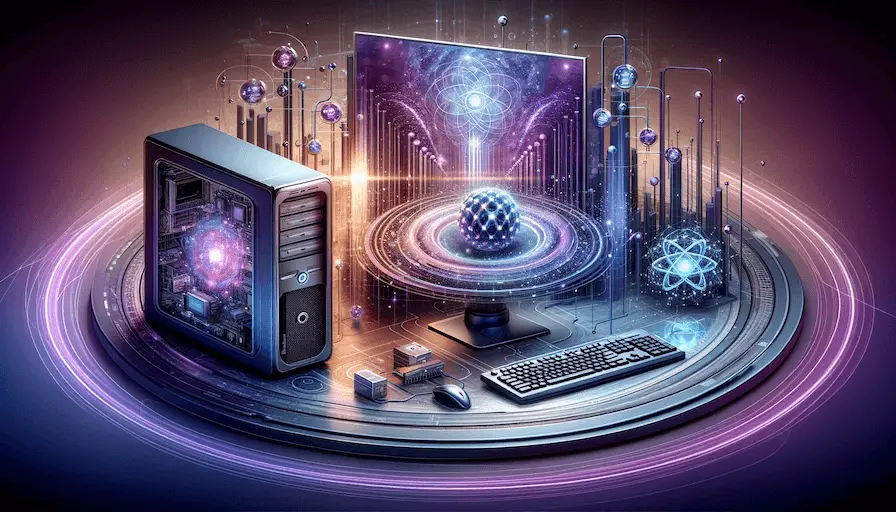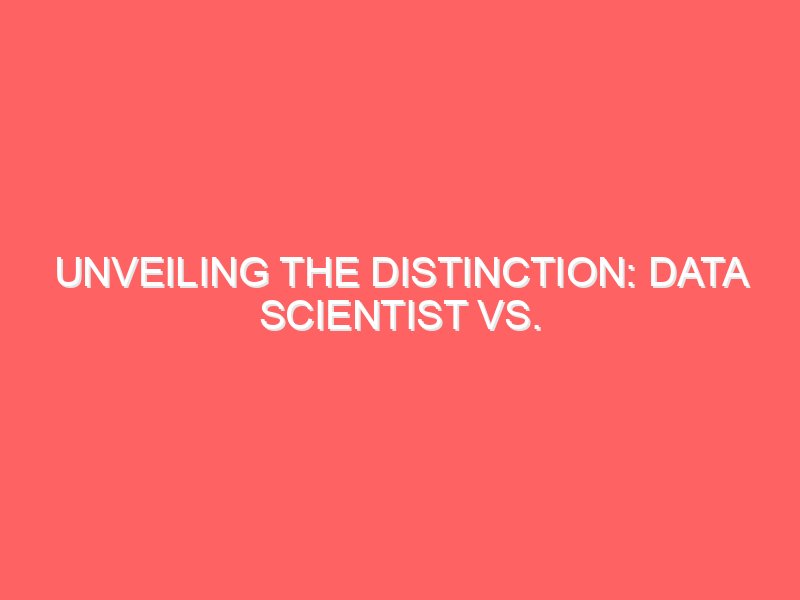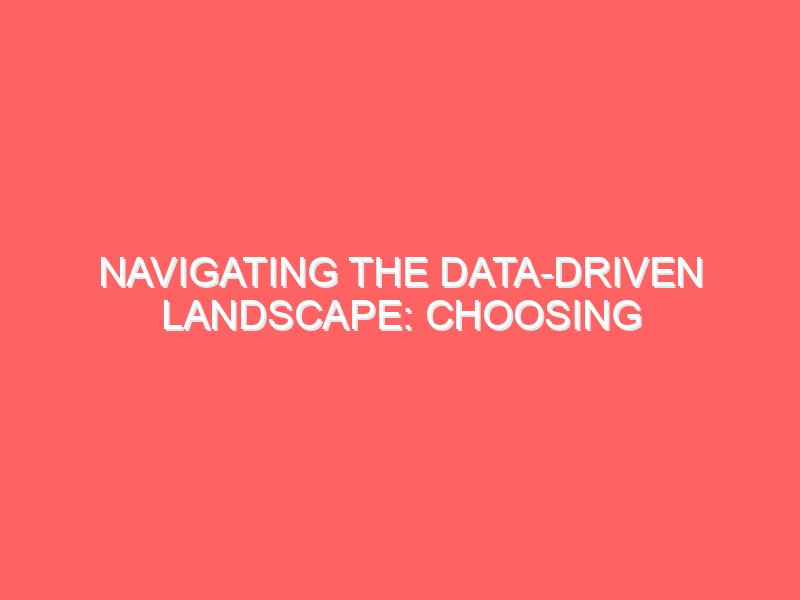
As technology evolves at an unprecedented pace, the future of computing is poised to redefine how we interact with the world. From artificial intelligence to quantum computing, breakthroughs are transforming industries, solving complex problems, and opening up possibilities we could only imagine a decade ago. In this blog, we delve into the key trends, technologies, and opportunities shaping the next era of computing.
The Rise of Quantum Computing
Quantum computing represents one of the most transformative advancements in technology. Unlike classical computers, which process information in binary (0s and 1s), quantum computers leverage quantum bits or qubits to perform computations at unimaginable speeds. This capability has vast implications for fields such as cryptography, materials science, and artificial intelligence.
Why Quantum Computing Matters
- Cryptography: Quantum computers could revolutionize encryption, making current cryptographic methods obsolete while enabling new, more secure protocols.
- Drug Discovery: Researchers can simulate molecular interactions at an atomic level, accelerating the development of new medications.
- Optimization: Complex problems like supply chain logistics and traffic flow can be solved more efficiently with quantum algorithms.
Artificial Intelligence and Machine Learning
AI continues to evolve, driving automation, enhancing decision-making, and enabling personalized experiences. From generative models like ChatGPT to autonomous vehicles, the integration of AI into various domains is reshaping industries.
Key AI Innovations
- Explainable AI (XAI): Providing transparency in AI decision-making processes is critical for trust and adoption in sensitive fields such as healthcare and finance.
- AI in Education: Personalized learning experiences powered by AI can adapt to individual student needs, improving educational outcomes.
- AI in Creativity: Generative AI is opening new frontiers in art, music, and content creation, enabling novel forms of expression.
Edge and Cloud Computing
The convergence of edge and cloud computing is shaping a more connected and efficient world. While cloud computing provides vast processing power and storage, edge computing enables real-time data analysis at the source, reducing latency and improving responsiveness.
Benefits of This Convergence
- IoT Advancements: Smart cities, industrial IoT, and autonomous systems benefit from rapid data processing and decision-making.
- Energy Efficiency: By processing data locally, edge computing reduces the energy demands of transferring large datasets to centralized servers.
- Scalability: Businesses can deploy hybrid models that leverage both edge and cloud infrastructures for optimal performance.
The Role of Ethical Computing
As technology advances, ethical considerations must keep pace. Issues such as data privacy, algorithmic bias, and the environmental impact of computing systems require careful attention to ensure sustainable and equitable growth.
Focus Areas in Ethical Computing
- Sustainable Tech: Reducing the carbon footprint of data centers and developing energy-efficient algorithms are crucial for environmental stewardship.
- Data Sovereignty: Empowering users to control their data ensures privacy and builds trust.
- Bias Mitigation: Ensuring AI models are trained on diverse datasets minimizes bias and promotes fairness.
Computing Beyond the Horizon: What’s Next?
Several emerging trends hint at what lies beyond today’s advancements:
- Neuromorphic Computing: Mimicking the human brain, this technology could revolutionize AI by making it more energy-efficient and adaptive.
- Biocomputing: Harnessing biological systems to perform computational tasks offers possibilities for breakthroughs in healthcare and beyond.
- Holographic Displays: Advancements in 3D visualization could redefine user interfaces, from gaming to remote work.
External Resources for Further Reading
Conclusion
The future of computing is a dynamic landscape filled with promise and challenges. Innovations in quantum computing, AI, edge computing, and ethical tech are shaping a new era that prioritizes efficiency, sustainability, and inclusivity. As we stand at the brink of these technological revolutions, one thing is clear: the potential of computing to transform our world is limitless. By embracing these advancements responsibly, we can unlock opportunities that benefit society as a whole.



